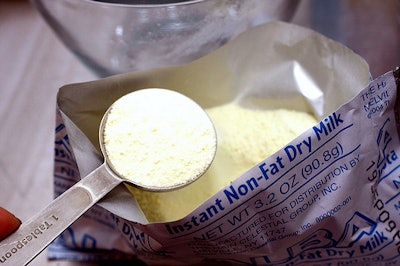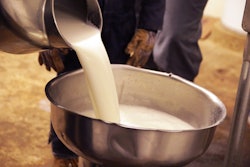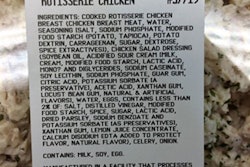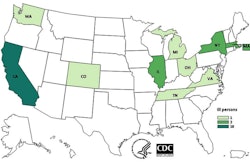
In a refreshed warning this week, the government discusses Cronobacter contamination, which the Centers for Disease Control and Prevention (CDC) reminded consumers are sometimes found in powdered infant formulas, and to a lesser degree herbal teas, starches and powdered milk, according to Food Safety News.
Formerly known as Enterobacter sakazakii — a germ found naturally in the environment that can survive in very dry conditions — the pathogen can be particularly dangerous to infants, the CDC reports. Infants who are fed formulas made from powders should be taken to a doctor if they develop symptoms of Cronobacter infection.
Cronobacter has been found in various dry foods, such as formula, powdered milk, herbal teas and starches. It has also been found in sewer water and may be found in other places, too, according to the CDC.
Adults don’t often get sick from Cronobacter infection, but it can be deadly in infants. Typically, the CDC is informed of four to six cases in infants each year, but reporting isn’t required so the true number is unknown, the agency noted.
Cronobacter bacteria can cause severe blood infections or meningitis, an inflammation of the membranes that protect the brain and spine. Infants two months of age and younger are most likely to develop meningitis if they are infected with Cronobacter. Infants born prematurely and those with weakened immune systems are also at increased risk for serious sickness from Cronobacter, the CDC warns.
To read more, click here.



















